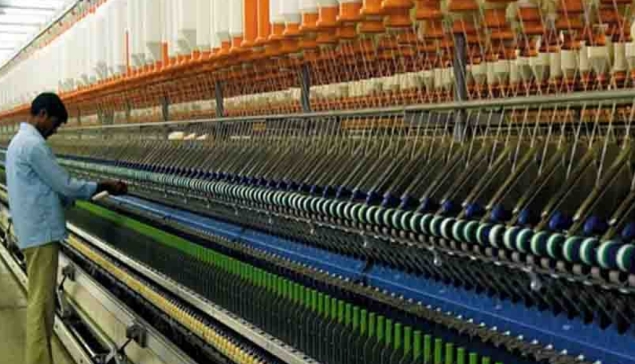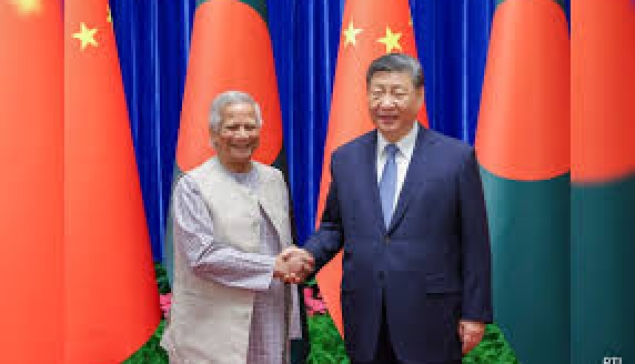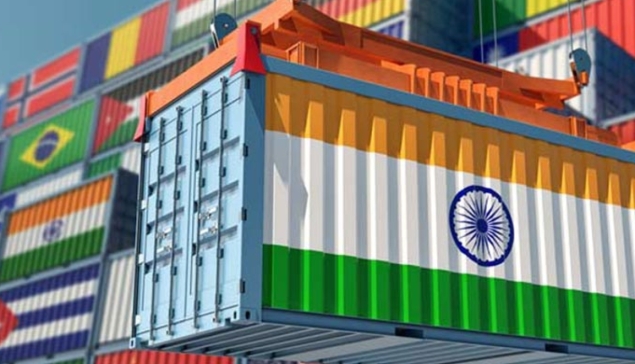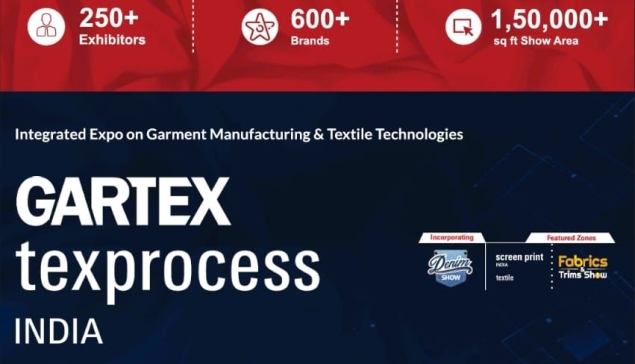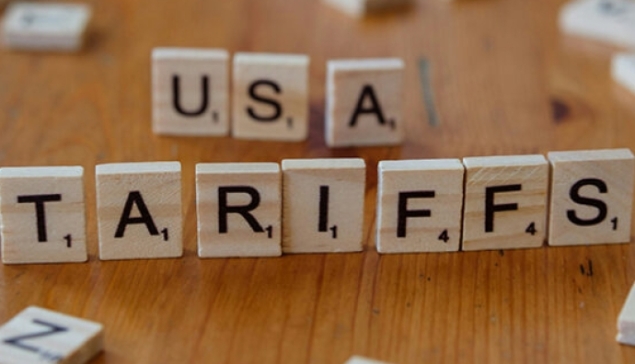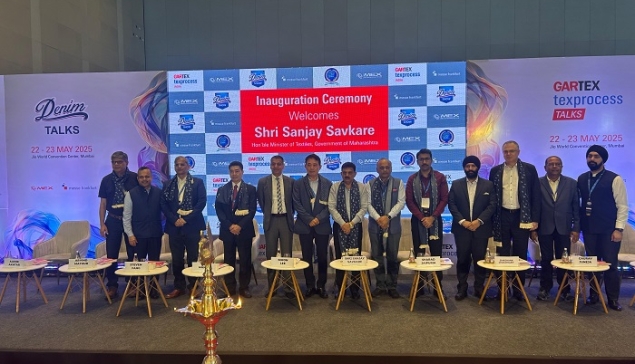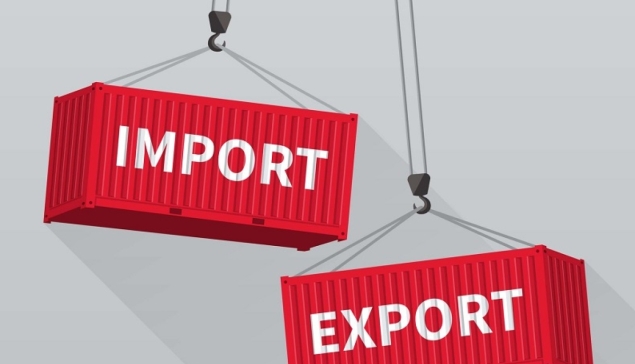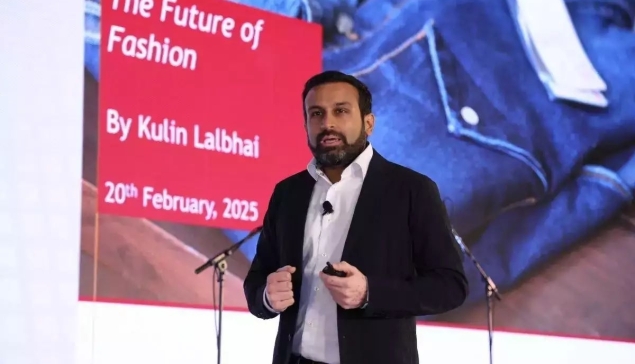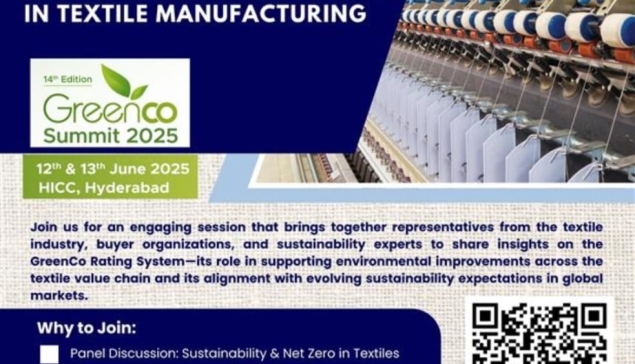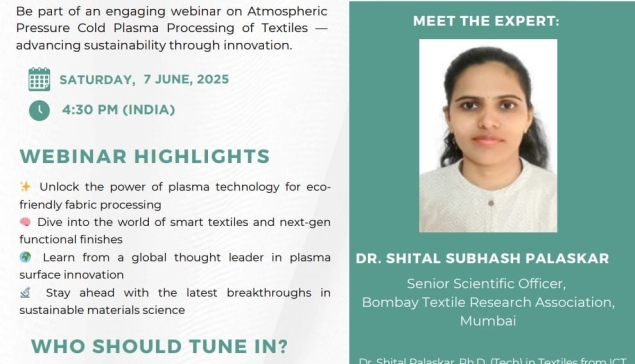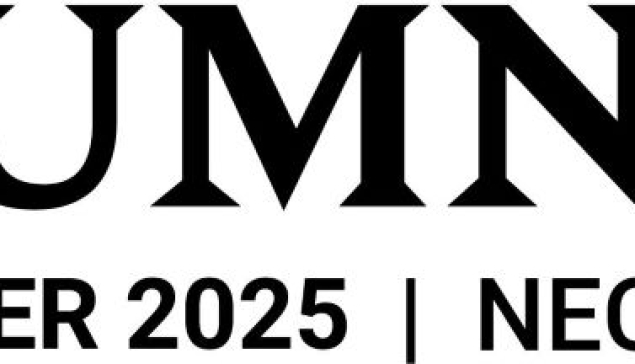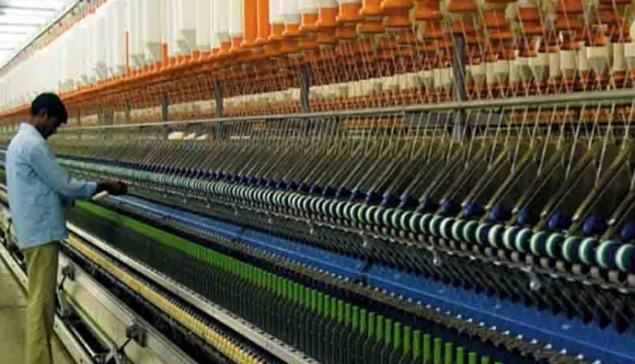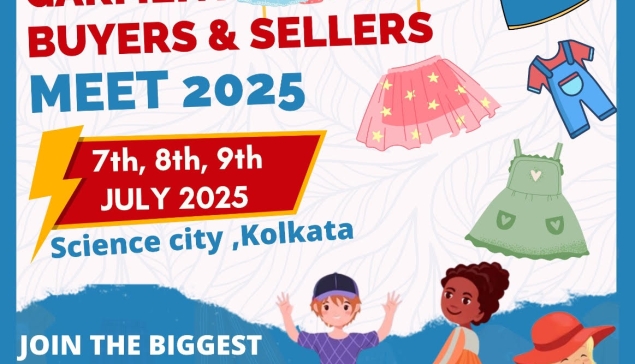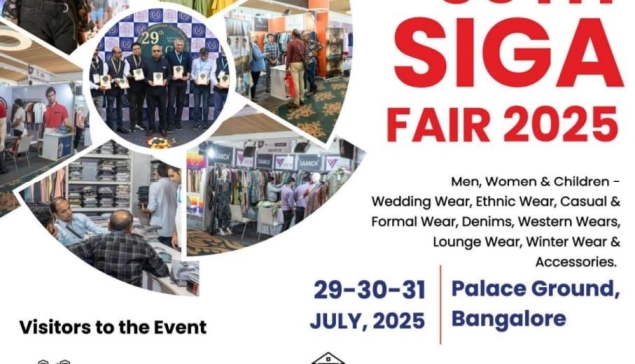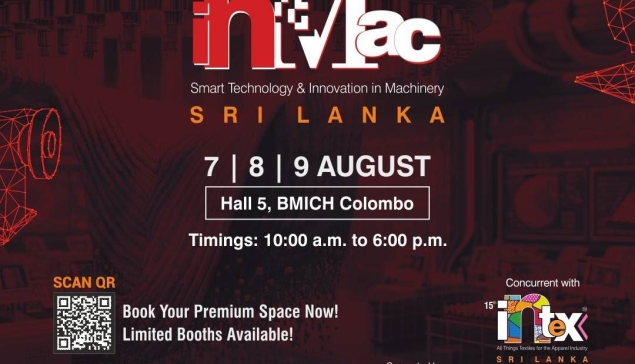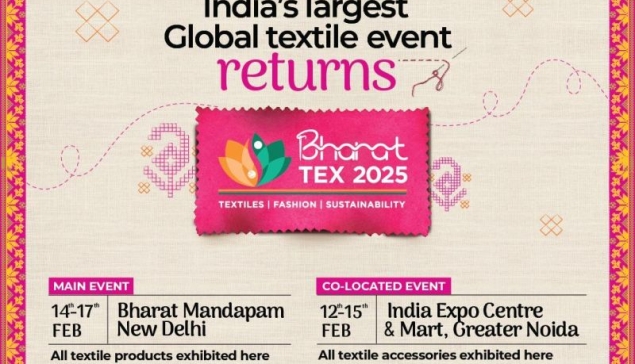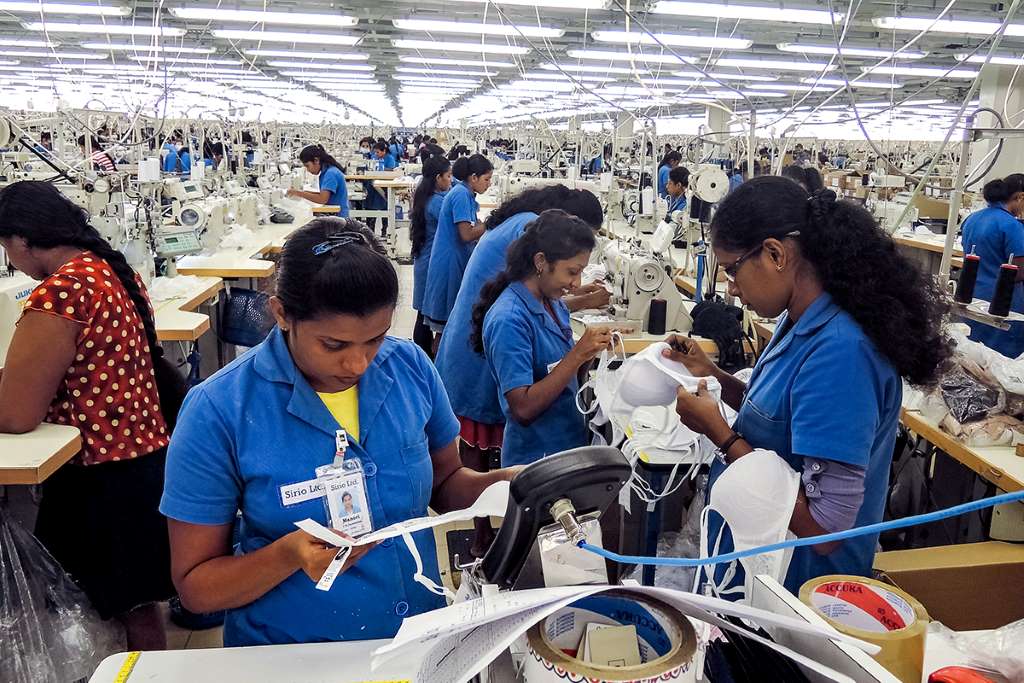validated through certifications like WRAP (Worldwide Responsible Accredited Production).
Sri Lanka is a leader in ethical manufacturing, with numerous WRAP-certified entities highlighting their commitment to social welfare and environmental responsibility. WRAP's CEO recently praised Sri Lanka's resilience, emphasizing the importance of independent certification. WRAP’s efficient audits and focus on ethical sourcing provide brands with a reliable means of identifying responsible suppliers.
This dedication extends beyond mere compliance. Sri Lankan factories consistently exceed standards with employee initiatives and women empowerment programs. However, obstacles remain. A short-term profit mindset can hinder long-term sustainability efforts, particularly in the fast fashion sector.
Creating a truly responsible future requires addressing forced labor, ensuring complete supply chain transparency, and proactively adopting sustainable practices. Independent validation and thorough supply chain mapping are essential for building trust. WRAP’s adaptability aids manufacturers in navigating changing regulations, while its efficient audits aim to minimize operational burdens.
In conclusion, Sri Lanka's apparel industry is at the forefront of a shift toward responsible and sustainable practices. By partnering with programs like WRAP, they are not only overcoming challenges but also shaping a brighter, more ethical future for the entire industry.

